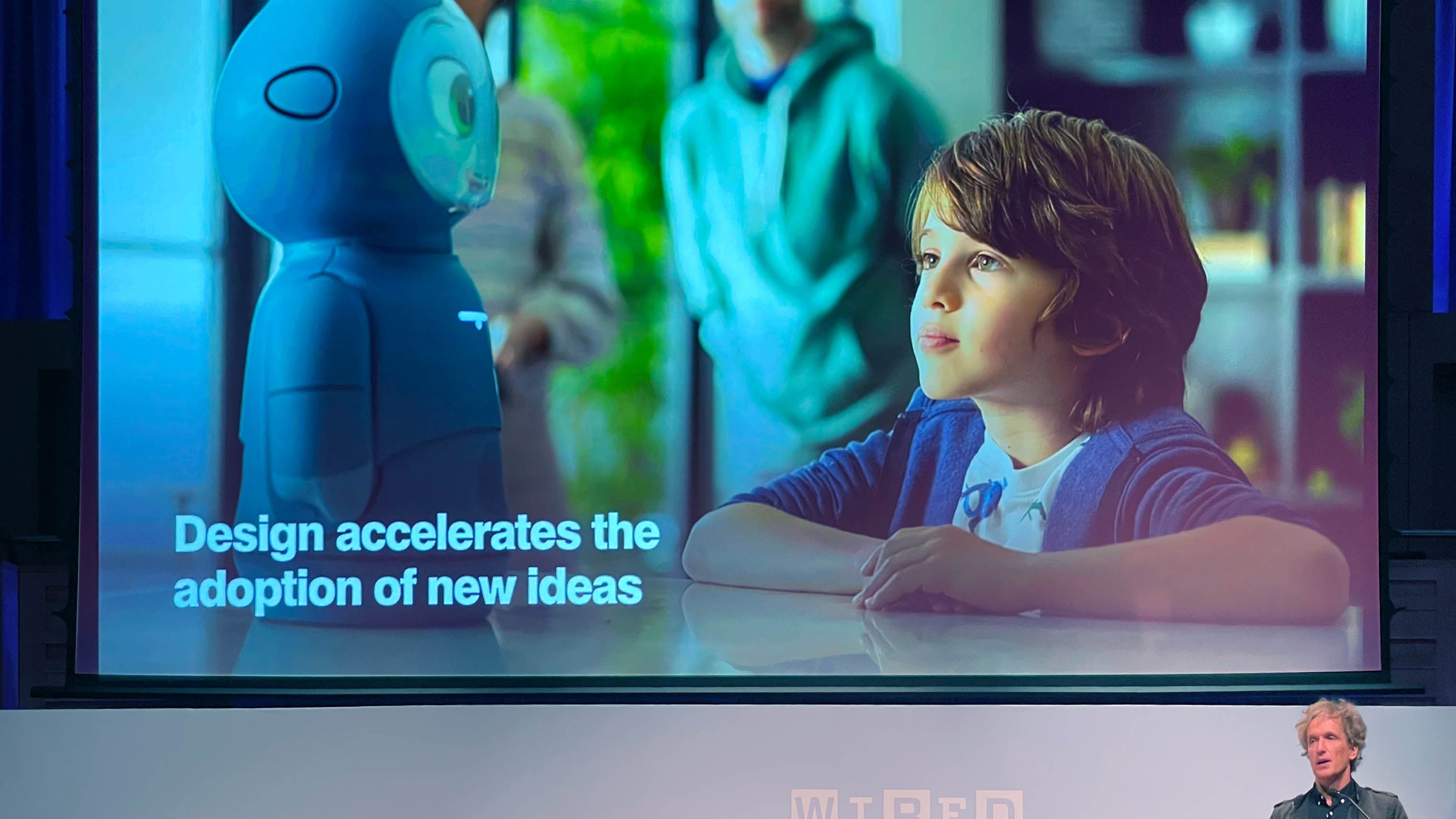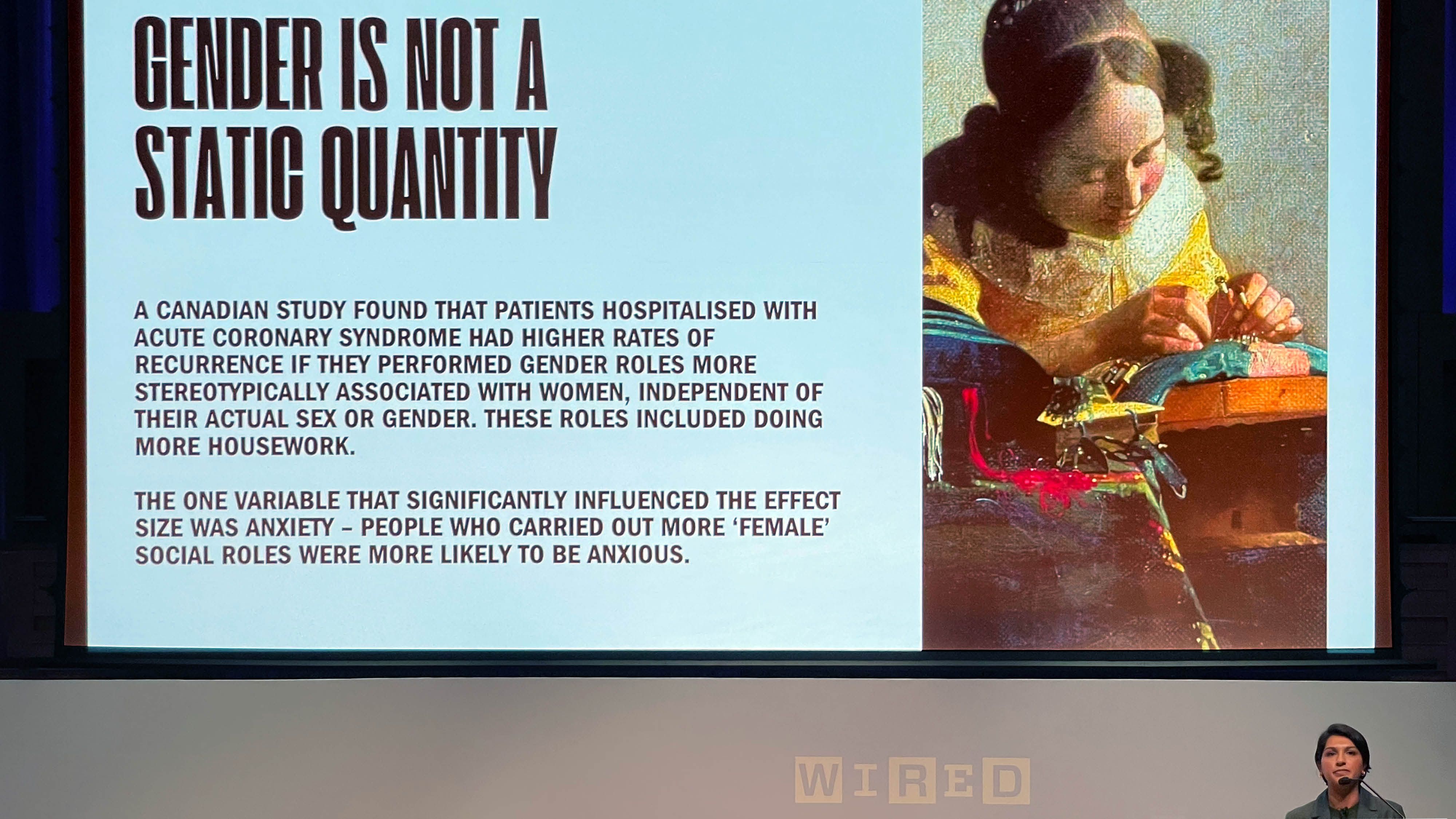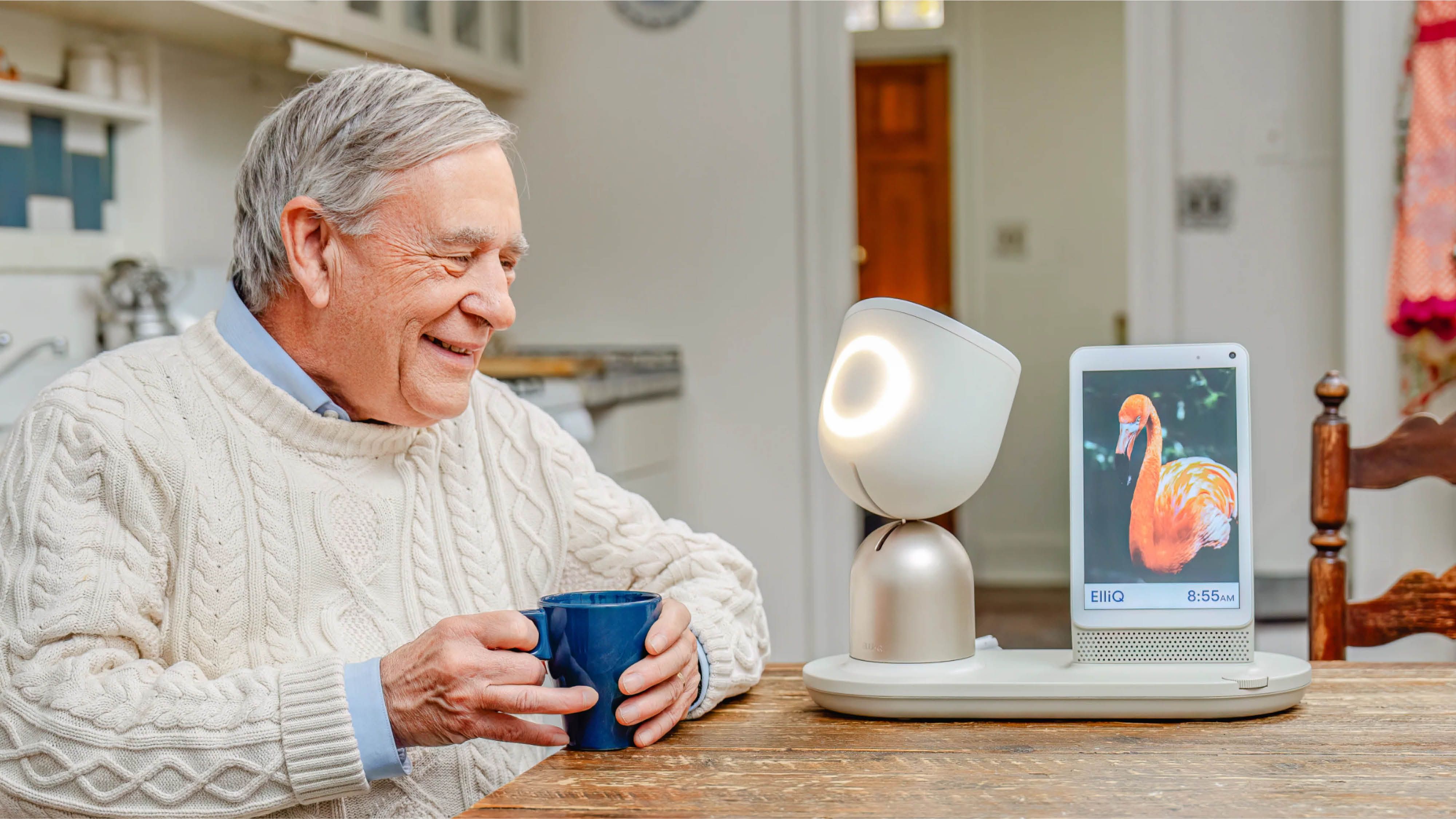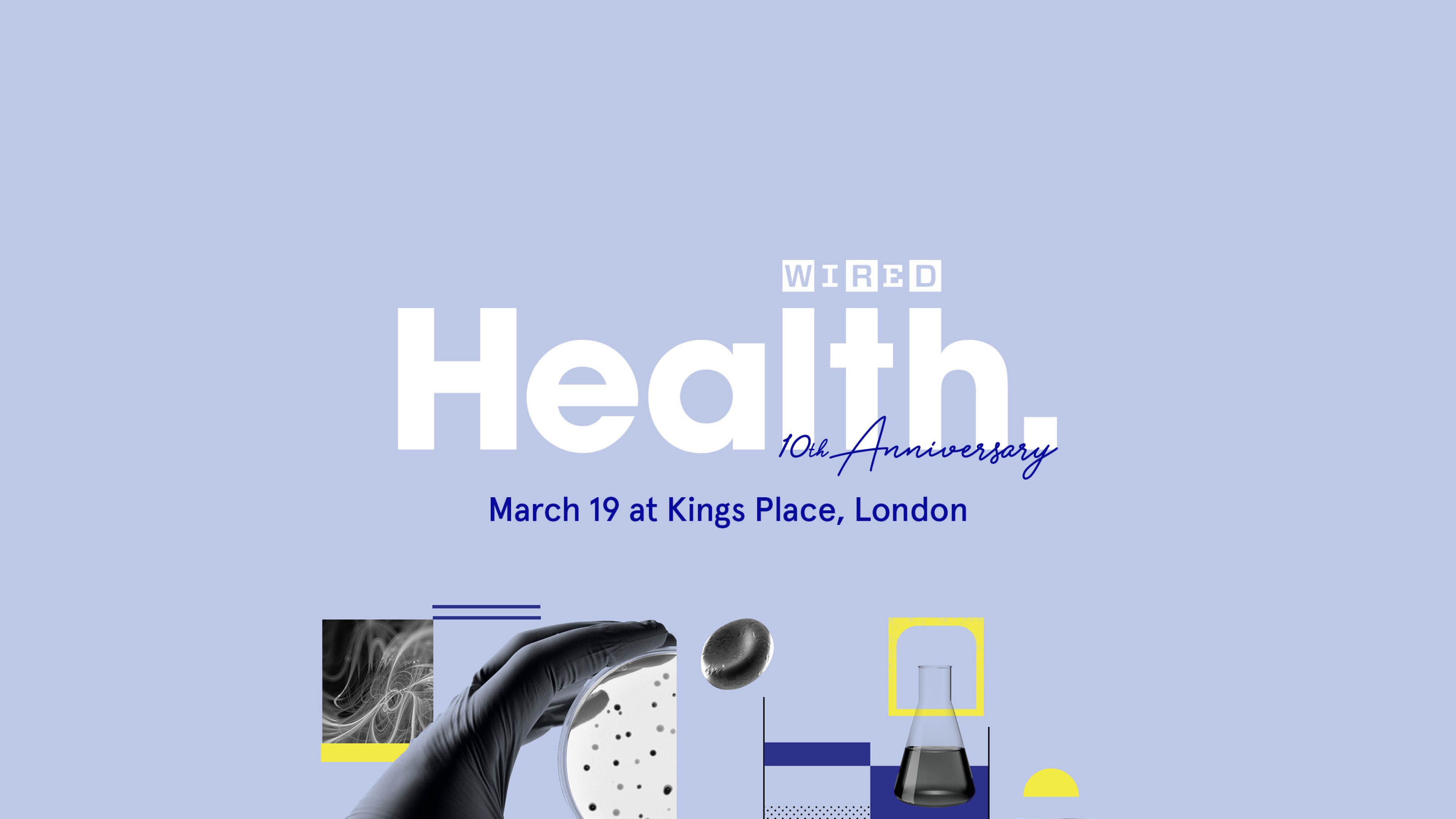Last week we had the pleasure of attending Wired Health at Kings Place, London. The event bought together some of the most exciting and thought-provoking disruptors, scientists, and practitioners making a positive change in the way we provide and access healthcare.
The agenda was jam packed and our heads were full to bursting by the end. Here are a few highlights and observations from the event:

Chris Skelton, Creative Director
There was a strong sense of ‘prevention over cure’ throughout many of the talks. One thing we’ve been speaking about a lot at ThreeTenSeven is a whole-body approach to maintaining good health and wellbeing, and shifting from a mindset of ‘give me a drug to fix this sickness’ to ‘let’s learn about and behave in a way that minimises the chances of getting sick in the first place’ — utilising things like food, sleep and exercise to self-manage better heath in a more rounded way. The sentiment of this was reflected by many at the event, quoting ‘we have developed a National Sickness Service, not a National Health Service’, with the triad of food/sleep/exercise feeling ever present.
Two stats that really struck me from LINGO’s talk were:
- 80% of chronic disease is as a result of lifestyle; and
- Our children are the first generation predicted to live a shorter life than us
Wow!
When it comes to tech, which of course WIRED is all about, there were a lot of demos in the foyer covering everything from mushroom coffee to period pants for deprived populations — all fascinating and important — but for the most part the speakers didn’t major on this, which was interesting. I got talking to someone who attended the event a few years ago who commented that back then the excitement was all around technology having the answer to everything. It felt like we were riding a wave of new discovery and capability that surely could help us progress towards a healthier world. Which of course it can, but it’s not the only component. Humans must behave in a way that facilitates the greatest technological impact, and it seems like the industry is beginning to realise that. Behaviour change and policy are the biggest blockers now (for the most part), not the capabilities of technology. This goes for uptake of the NHS app (which is only about 1 in 200) to successful interoperability programmes. If we don’t support the population in understanding more about their health and what affects it (having purpose, socialising, eating well, moving etc) and we don’t optimise the NHS for healthcare rather than ‘sick care’, then the state of health is not going to improve, and all the issues around doctor and nurse shortages, long wait lists and lack of funds to improve digital and physical infrastructure will continue to get worse.
It's a bleak picture, but if we can bring this conversation to the masses then collectively, we can start to shift the dial, rather than waiting for government to shift it for us.
Rachel Cook, MD
Coming away from the event my head is bursting with inspiration on the future of health, especially inclusion in health, but if I had to focus on a few favourite/noteworthy moments, I’d highlight that:

Women were routinely excluded from clinical trials until 1993 and are still underrepresented in them today. One of the impacts I hadn’t considered, but that was neatly raised by Valentina Milanova 🇺🇦 of Daye, is that as a result, femtech innovations have a greater cost of market entry than other products, as they’re pulling from little to no evidence base and have to commission trials just to get to the starting blocks with the same baseline evidence as other products.
80% of healthcare VCs have yet to invest in women’s healthcare products. Typically, decision-makers in VCs are male, as indeed are those in other funding institutions, investors, educators, etc etc, as pointed out by Eileen Burbidge of Fertifa. Coincidence?
How the better design of cities and urban spaces can improve health in countless ways, from encouraging a sense of community to making active travel easier. By making experiences more joyful we can contribute to a positive mindset, giving us greater strength to tackle the health challenges that we all face throughout life.
Paul McGuigan, Strategy Director
Like the others, I found the event so eye-opening that it’s hard to pick just two or three things to highlight!
Thanks to Angela Saini’s talk, I came away with a much better understanding of how some gender inequalities have come about in healthcare, despite the best intentions of professionals (of all genders) who are far from misogynist. Some issues are hangovers from days when sex was used as a blunt tool for making generalisations about physical differences in patients. For example, personalising dosage, taking body size into account was difficult many years ago, so sex became a shorthand for larger and smaller body sizes. This led to many larger women being under-prescribed pain medication. A big challenge now is undoing these ingrained mindsets; re-educating professionals (and the public) where these inaccurate principles came from and explaining why they're wrong (and often damaging). Much of this kind of guidance can be superseded now by more personalised approaches to prescribing, using far more relevant metrics and data. This is a big task for professional communications and education, challenging long-held norms and belief systems.

From Yves Béhar’s talk, I came away with a rejuvenated appreciation for the role of design in accelerating the acceptance of new tools and technologies. His studio’s work on products like ElliQ — an AI-powered companion designed to improve mental health in lonely older people — undoubtedly made the product far more acceptable to that audience, maximising its positive impact.
Putting human understanding of the target market or audience and designing to meaningfully appeal to them isn’t just a ‘nice-to-have' — it’s the difference between a product being accepted, used and making a difference, vs. being rejected, despite all the good it could do. This applies equally to other examples Yves gave, ranging from wearables to leg braces and baby cribs designed to reduce SIDS.
Finally, similarly to Chris, I came away with phrases like “health is what happens in between visits to the doctors” ringing in my ears. One of the biggest contributions I feel like we can make is to the huge shift in mindset that needs to happen; from policy-makers, to healthcare professionals, to the wider public — at a fundamental societal level — to ingraining that principle of proactive health management. To taking what is, in many ways, an obvious truism and driving it into the heart of the cultural psyche. What we do in design, communications, branding, behaviour-change and strategy can wield huge influence in this respect, and I came away more committed than ever to seek out clients and partners who can help us make that happen.




